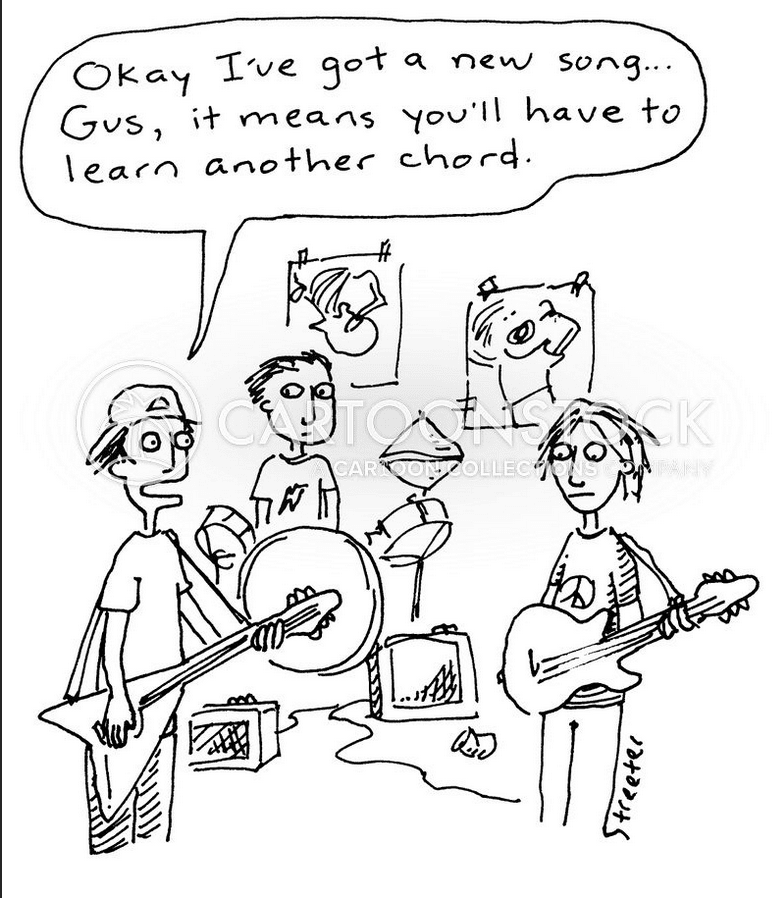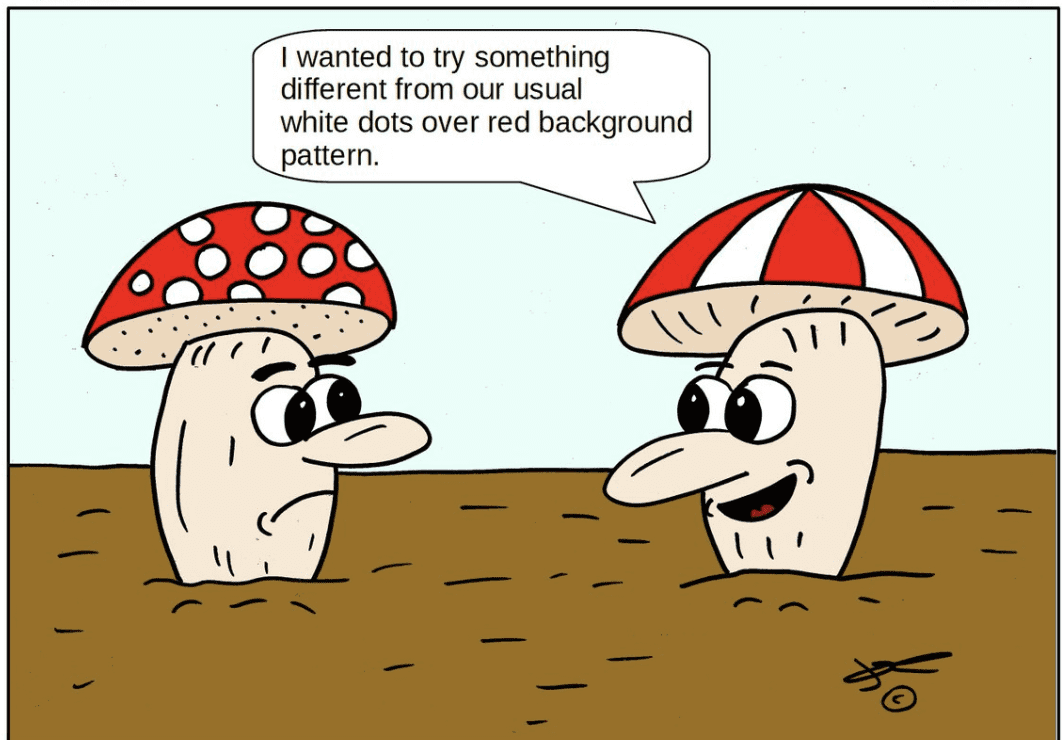Explore the Michelle Ostrove Blog
What is timbre? The melody, harmonies and dynamics add to the subject matter and emotional structure of a song. Timbre adds to the tone color and distinct quality of sound in the song, making the singers voice uniquely identifiable. There is a distinct difference in sound from one brand of piano to the next. A Baldwin has a somewhat tinny sound, whereas the Steinway has a warm and rich sound. You could make that comparison with most instrument brands. The…
Read MoreSocial media is one of the best ways to launch new products, songs, album, band and artists. It’s important to find you target audience. The internet has made marketing so much easy and it’s right at your fingertips. Here are some great tips to find your audience on social media as a singer and/or songwriter. There are four main categories for finding your target audience: demographic, psychographic, behavioral and geographic segmentation. The demographic segmentation deals with the type of consumer’s…
Read MoreDo you want to hold notes longer and hold the note with control? Holding a note with minimal vibrato or no vibrato with energy and pulsation is called holding a note with a straight tone. It’s all about controlling your voice when you sing. Singing with a straight tone can be a valuable way for singers to improve technique and focus. How do you control your voice and sing with a straight tone. Use the words nee, no, noo and…
Read MoreA primary ingredient for success is passion, “find your passion and you’ll never work a day in your life.” Passion is energy and it comes in many ways. If you are passionate about being a singer or musician, listen to the successful people who have been down that road. You need to figure out what you are passionate about. There are many different jobs for singers, songwriters and musicians. If you love to write songs but are not comfortable performing…
Read MoreEveryone has a voice type; what type of voice is yours? There are many voice types or styles like: screaming metal voice, a soft angelic voice, the breathy voice, a smokey sexy voice, classical voice, opera voice, country voice, rock voice, pop voice or jazz voice. Each voice type requires different vocal techniques. Some techniques are the same for every type, for instance the posture, breath support and diaphragm support. But other techniques like placement of sound and diction will…
Read MoreThere are small but powerful vocal elements you can work on, refining your own unique vocal style. Whenever you are singing a cover song, hone your own vocal style by working on some singing elements. Try experimenting with volume, intensities, phrasing, tempos and keys to create your own sound. Volume: Singing in a gradual crescendo or decrescendo in a song, or quickly adding loudness or softness to a single word. The loud and soft vocals is called the dynamics. Intensity:…
Read MorePart II of “What Is Music Theory” we will look at four more elements that comprise music theory. The previous blog reviewed the key signature and scales. Today we will look at the melody, chords, chord progression, harmonies and form. Melody The main elements of the melody are scales, intervals, rhythm and phrasing. The melody will consist of the notes found in the scale. The scale provides a tonal framework of the song. The intervals will create tension or it…
Read MoreMusic theory is the study of music, examining all of the elements that are used to construct and preside over the music language. The elements that are used include the key in which a song is written (key signature), scales, notes, rhythm, melody, chords and chord progressions, harmony, and form. Music theory is a set of rules and guidelines for musicians to create and analyze music. If you understand the basics, it will help you compose, produce, or even appreciate…
Read MorePatterns exist all around you. Everywhere you look there are patterns in floors, ceilings, nature, architectural designs, art and math. Music is no different, it is sound made up of various patterns in the song. For instance, the singer will vocalize a melody pattern. The pianist or other instruments will play the harmonic and rhythmic patterns throughout the song. Even the lyrics are usually created with a musical form or patterns. Let’s look at these four types of patterns that…
Read MoreVibrato is a rapid, but slight variation in pitch when you sing. The singer is oscillating on and off a note. It comes in all different shapes and wave sizes, fast and slow, every singer has their own textures and tones when using vibrato. Not every singer is able to sing with vibrato and some singers prefer not to use it, depending on the mood of the song. There are four different types: the vocal trill vibrato, the vocal wobble,…
Read More








